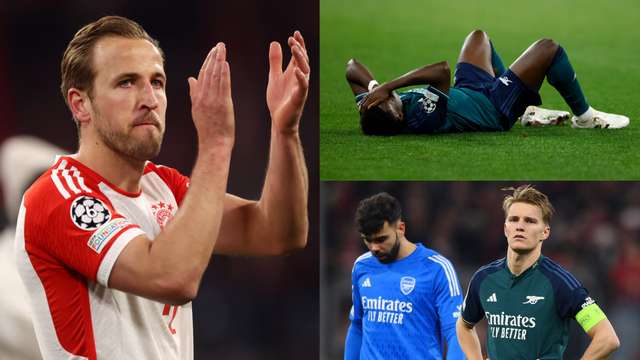COMMENT
There’s been one common thread uniting all five of Africa’s World Cup representatives at the ongoing footballing showpiece in Russia.
It’s not disappointment, with Senegal actually getting a win under their belt in their opening clash on Tuesday! It’s an inability to defend set pieces, with all of the continent’s quintet—including the Lions of Teranga—being undone by goals from corners and free kicks. Remarkably, the first seven goals conceded by African teams at this year’s tournament were all resulting from set pieces.
Egypt, Morocco and Tunisia were all defeated at the death in their opening matches following set pieces by Uruguay, Iran and England respectively.
In the case of the Pharaohs and the Carthage Eagles, it denied then admirable draws against two of the tougher teams in the competition.
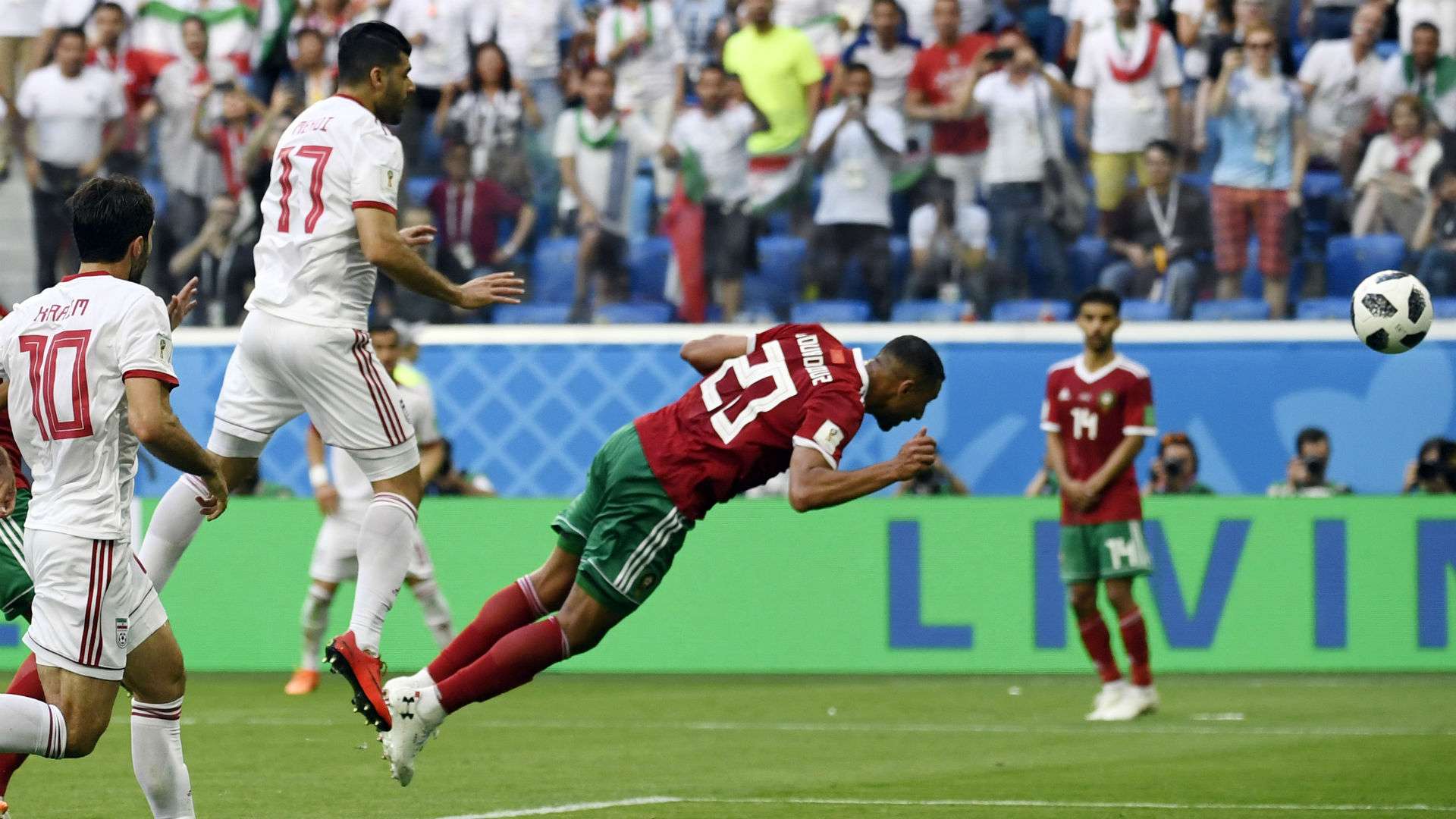 Getty
Getty
For Morocco, even a draw would have been an underwhelming result against Iran, but conceding late sent their campaign into a downward spiral from which it never recovered and they were the first team officially eliminated from the competition. The Atlas Lions gave a good account of themselves in their second group game on Wednesday, where they largely outplayed the European champions Portugal. However, they never recovered from a fourth-minute winner from Cristiano Ronaldo, who headed home after — you guessed it — a corner! Morocco go home after largely bossing both of their matches — they were comfortably the better, more proactive team in both — but after conceding twice from set pieces.
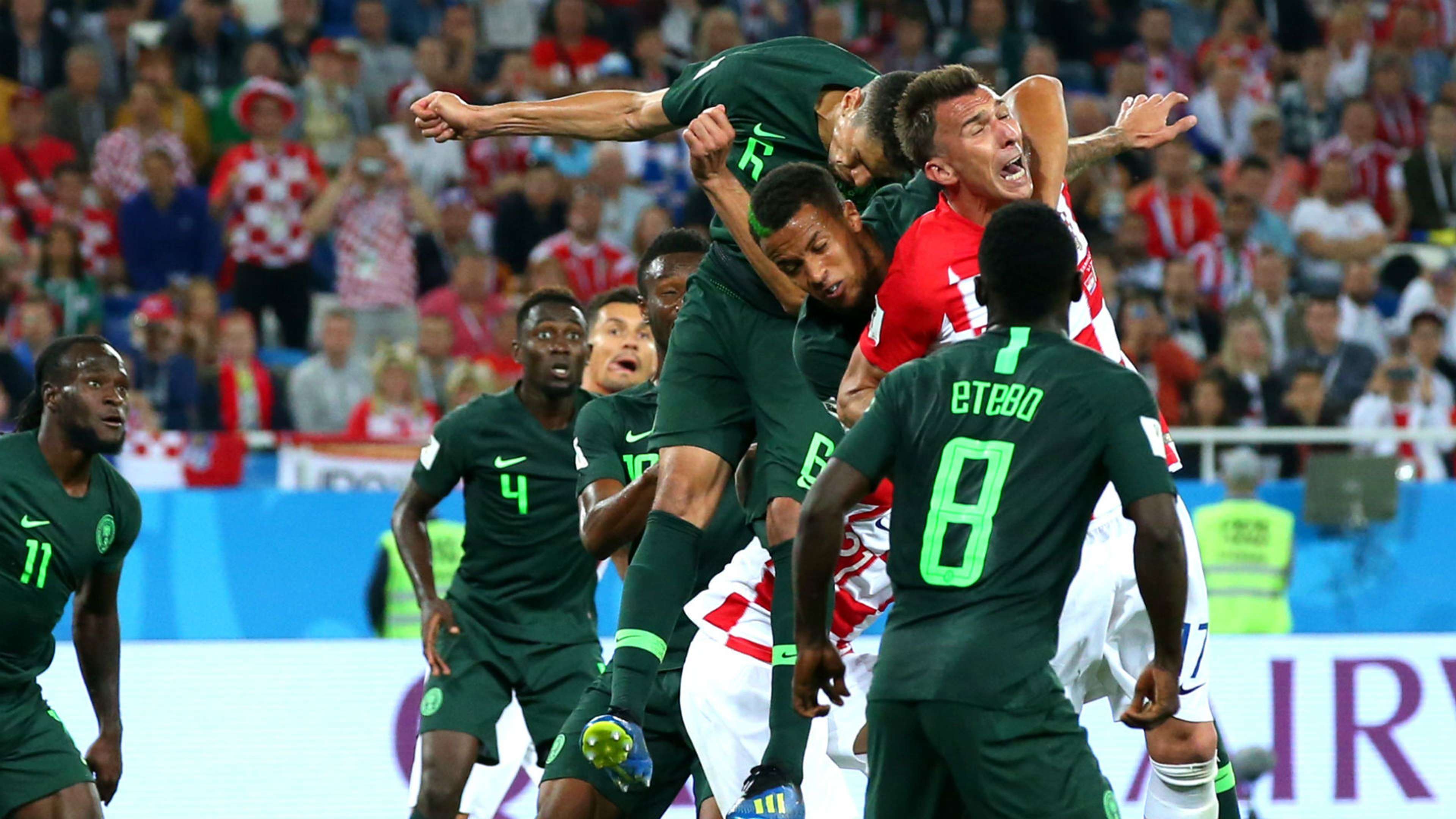 Alex Livesey
Alex Livesey
Nigeria, too, disappointed in their opener against Croatia, although they did largely limit the Europeans’ chances on goal — at least during open play. Croatia opened the scoring from a corner when Oghenekaro Etebo deflected Mario Mandzukic’s effort past Francis Uzoho. The contest was taken out of their reach when William Troost-Ekong hauled down Mandzukic in the box and the referee awarded a penalty which Luka Modric duly dispatched.
Even Senegal, who picked up the continent’s only points so far with a 2-1 victory over Poland in their opener, were undone by a set piece. Indeed, the Poles’ goal — which was enough to set up a nervy finale — came when Gregorz Krychowiak headed home from Kamil Grosicki’s free kick. Again, another set piece, and another African side who are unable to defend it effectively. That this should happen for Senegal, whose physical prowess, height, athleticism, and aerial threat should give them an advantage in set piece situations, is particularly concerning.
Only in Egypt’s 3-1 defeat by Russia on Tuesday, when all three goals came from open play, did Africa’s sides concede a goal that didn’t come from a set piece.
Tallying up, Africa have conceded 11 goals in seven matches so far this tournament, with eight of the goals in six of the matches coming from set pieces. Nigeria, Tunisia and Senegal have, at the time of writing, only been undone by set pieces, while Morocco have already been eliminated after conceding twice, with both goals coming from set pieces.
It’s a frustrating statistic.
Set pieces are traditionally seen as an area of the game which can be ‘got right’ by anyone with good organisation and discipline. Obviously, physical qualities and technical delivery make a difference, but proficient drilling on the training ground — as well as a coherent strategy — can make set pieces an area of strength for a side, both offensively and defensively.
Any Premier League observer over the years could tell you of how the likes of Sam Allardyce or Tony Pulis have come into an ailing club and overseen an instant improvement by ‘getting the basics right’, which include implementing successful set-piece drills.
Concentration, focus, and players of the right mentality are also imperative. Conversely, naivety can undermine 90 minutes of intense effort. One can perhaps forgive teenage goalkeeper Francis Uzoho for not yet having the authority to organise his defence yet, although Mohamed Amine Ben Amor’s careless late play to give England a corner at the death vs. Tunisia cannot be excused.
Certainly, Nigeria have little excuse for their struggles against Poland, particularly after their failings from set pieces were exposed during the pre-tournament friendlies.
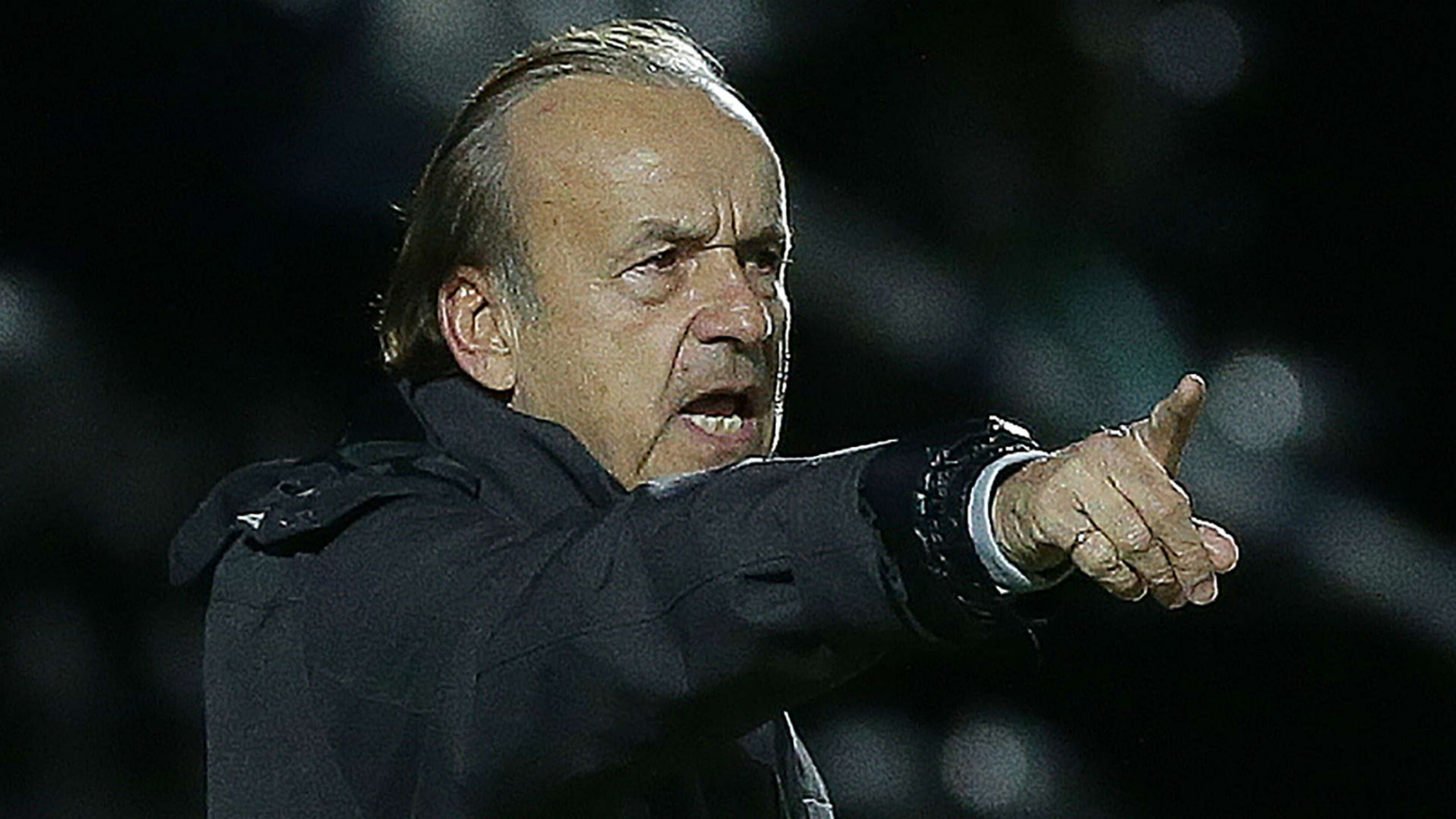 Getty
Getty
For Gernot Rohr to still be having problems from these areas at the World Cup represents, surely, a failing on the part of him and his coaching staff.
It may be a similar story for Herve Renard of Morocco. He’s constructed a team with such an excellent defensive schema—they didn’t concede at all during the qualifiers and haven’t let one in from open play here — but who have twice been undone by set pieces in Russia.
Individual mistakes have certainly played their part, but as Rohr acknowledged after his side’s opener, Nigeria need to be “more professional on set pieces”.
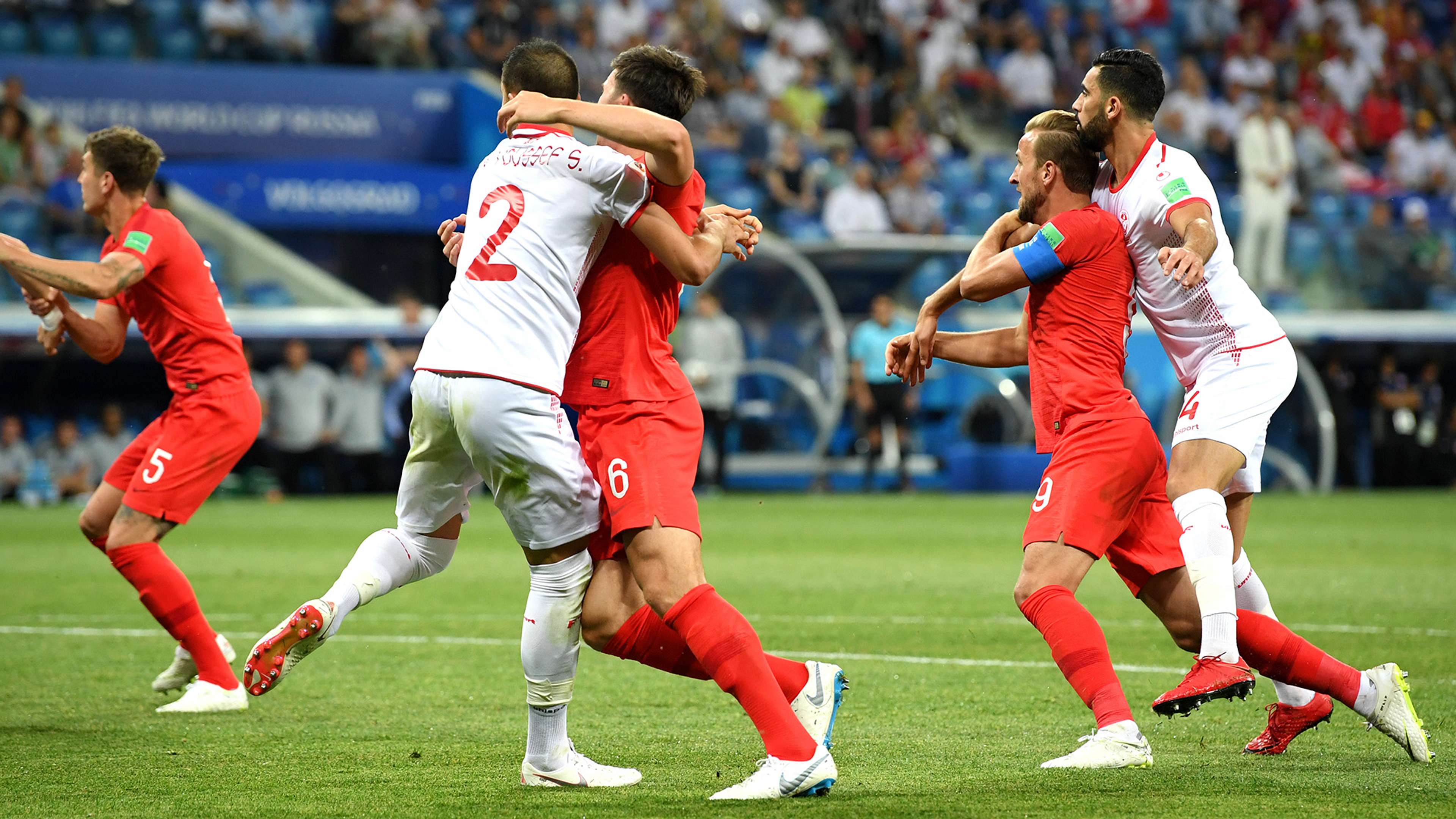 Getty
Getty
Perhaps Africa’s failure to deal with set pieces during this summer’s tournament is simply due to a failing on the part of the continent’s coaches—homegrown or otherwise—to implement a ‘professional’ enough approach to and training strategy for defending corners and free kicks.
Unless Tunisia, Nigeria and Senegal can make improvements quickly, Africa’s achilles heel in Russia may see that trio swiftly following Egypt and Morocco to the exit door.
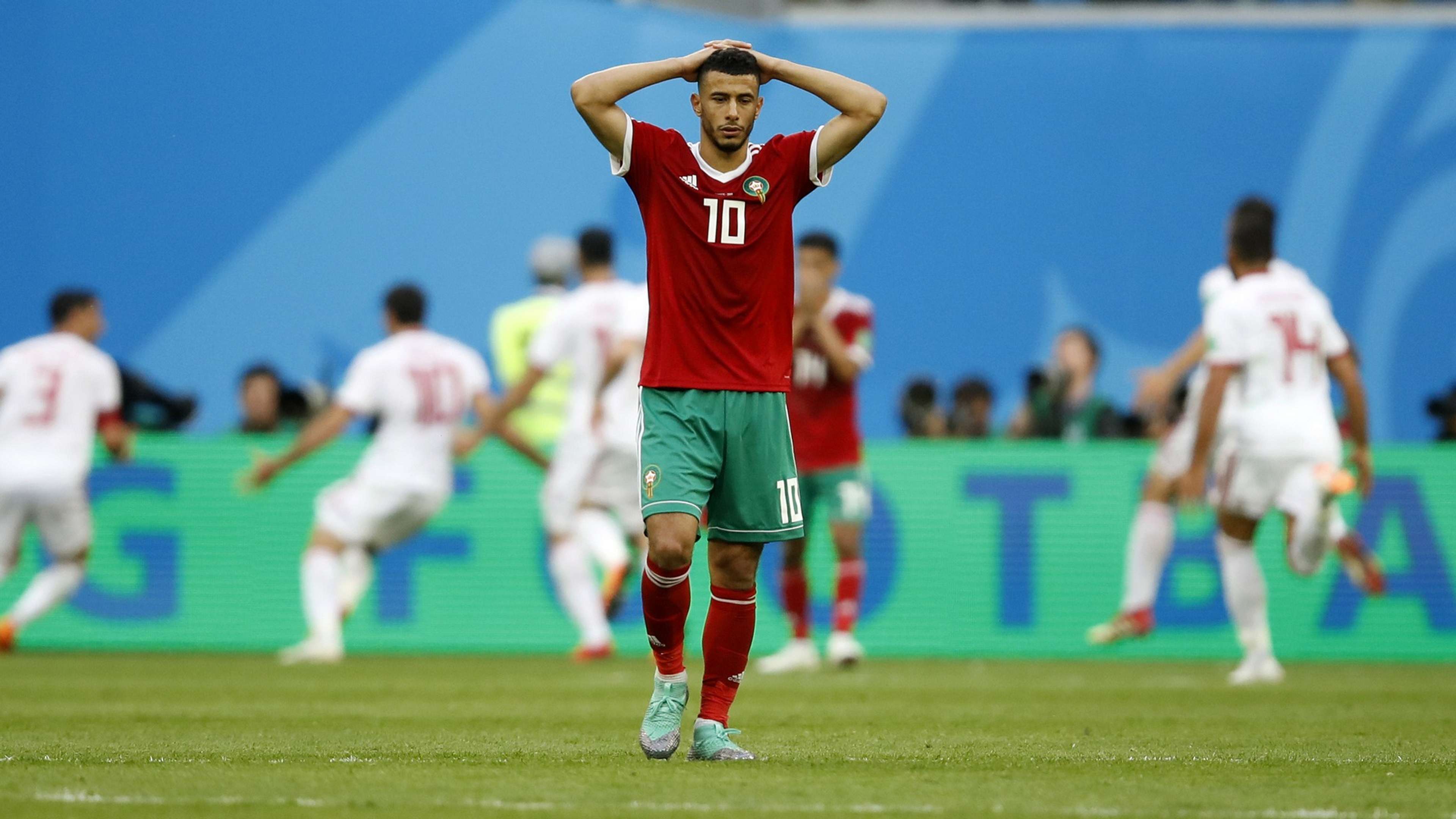

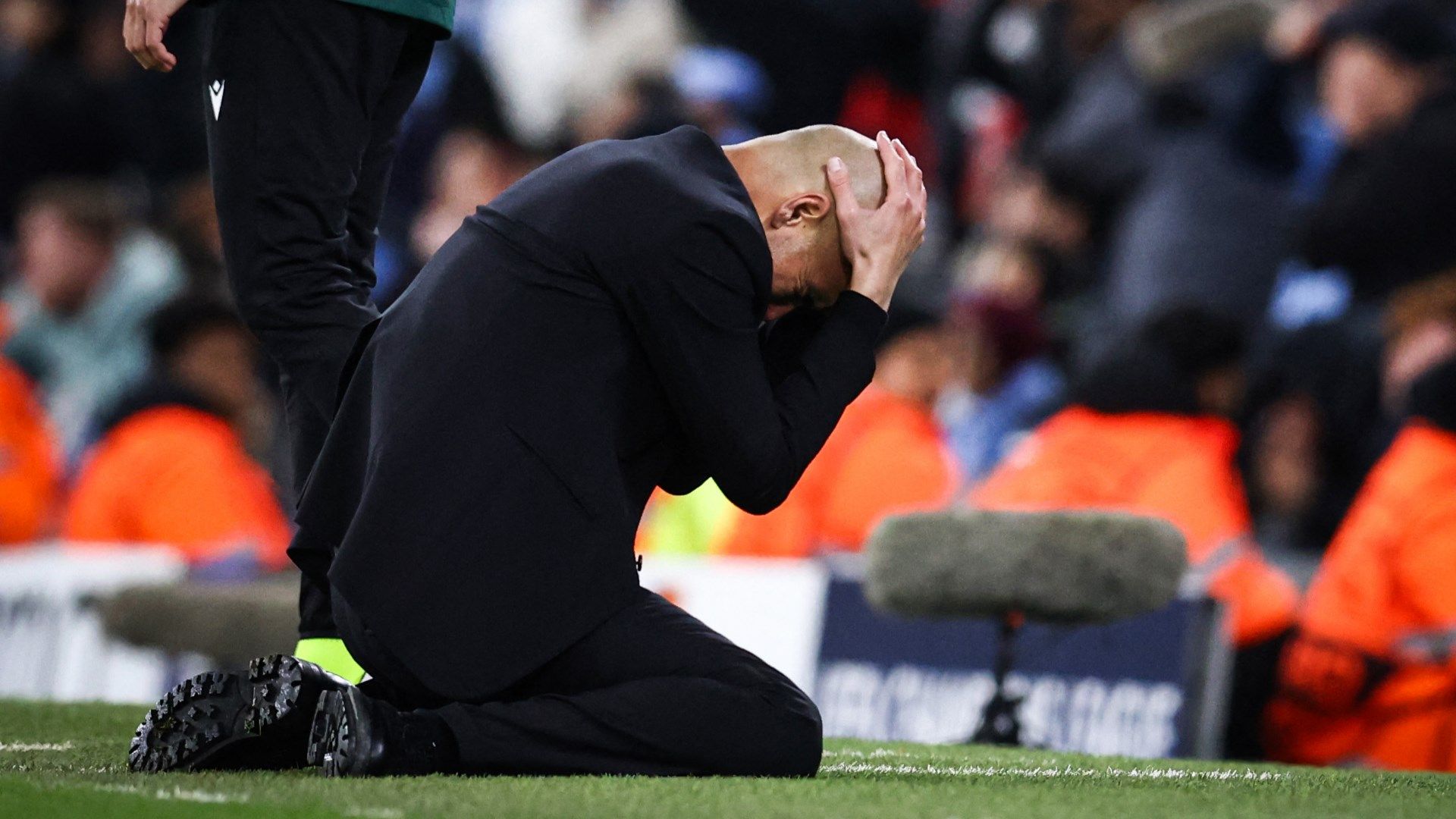.jpg?auto=webp&format=pjpg&width=640&quality=60)
